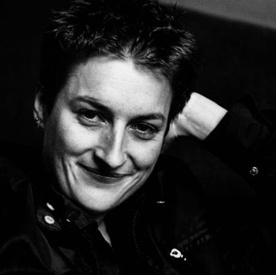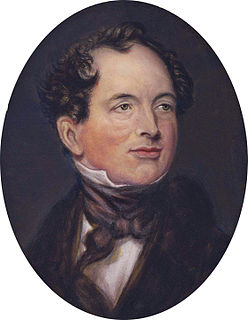A Quote by Herman Melville
Hope is the struggle of the soul, breaking loose from what is perishable, and attesting her eternity.
Related Quotes
I dread the loss of her I've never touched love keeps me a slave in a cage of tears I gnaw my tongue with which to her I can never speak I miss a woman who was never born I kiss a woman across the years that say we shall never meet Everything passes Everything perishes Everything palls my thought walks away with a killing smile leaving discordant anxiety which roars in my soul No hope No hope No hope No hope No hope No hope No hope
Love's arms were wreathed about the neck of Hope,
And Hope kiss'd Love, and Love drew in her breath
In that close kiss and drank her whisper'd tales.
They said that Love would die when Hope was gone.
And Love mourn'd long, and sorrow'd after Hope;
At last she sought out Memory, and they trod
The same old paths where Love had walked with Hope,
And Memory fed the soul of Love with tears.
And then the spirit brings hope, hope in the strictest Christian sense, hope which is hoping against hope. For an immediate hope exists in every person; it may be more powerfully alive in one person than in another; but in death every hope of this kind dies and turns into hopelessness. Into this night of hopelessness (it is death that we are describing) comes the life-giving spirit and brings hope, the hope of eternity. It is against hope, for there was no longer any hope for that merely natural hope; this hope is therefore a hope contrary to hope.
The way of peace is a soul journey. . . . If you can live from the level of your soul, you are doing something very special. The important thing is how much consciousness you add to the whole of human existence, for that is how eternity expresses itself, like a lamp shining through the window of eternity.
Mary Ocher gives me the chills, she frightens me with her feral soul.
Her sound is of a true outsider artist, immaculately self possessed.
Was this recorded this century? Or out of a basement that's she's been imprisoned all her
life? Time to set her loose on the world. I'm so happy she exists. Set me free Mary!
She had spent all her life in feeling miserable; this misery was her native element; its fluctuations, its varying depths, alone save her the impression of moving and living. What bothers me is that a sense of misery, and nothing else, is not enough to make a permanent soul. My enormous and morose Mademoiselle is all right on earth but impossible in eternity.
We cannot describe the natural history of the soul, but we know that it is divine. All things are known to the soul. It is not to be surprised by any communication. Nothing can be greater than it, let those fear and those fawn who will. The soul is in her native realm; and it is wider than space, older than time, wide as hope, rich as love. Pusillanimity and fear she refuses with a beautiful scorn; they are not for her who putteth on her coronation robes, and goes out through universal love to universal power.







































